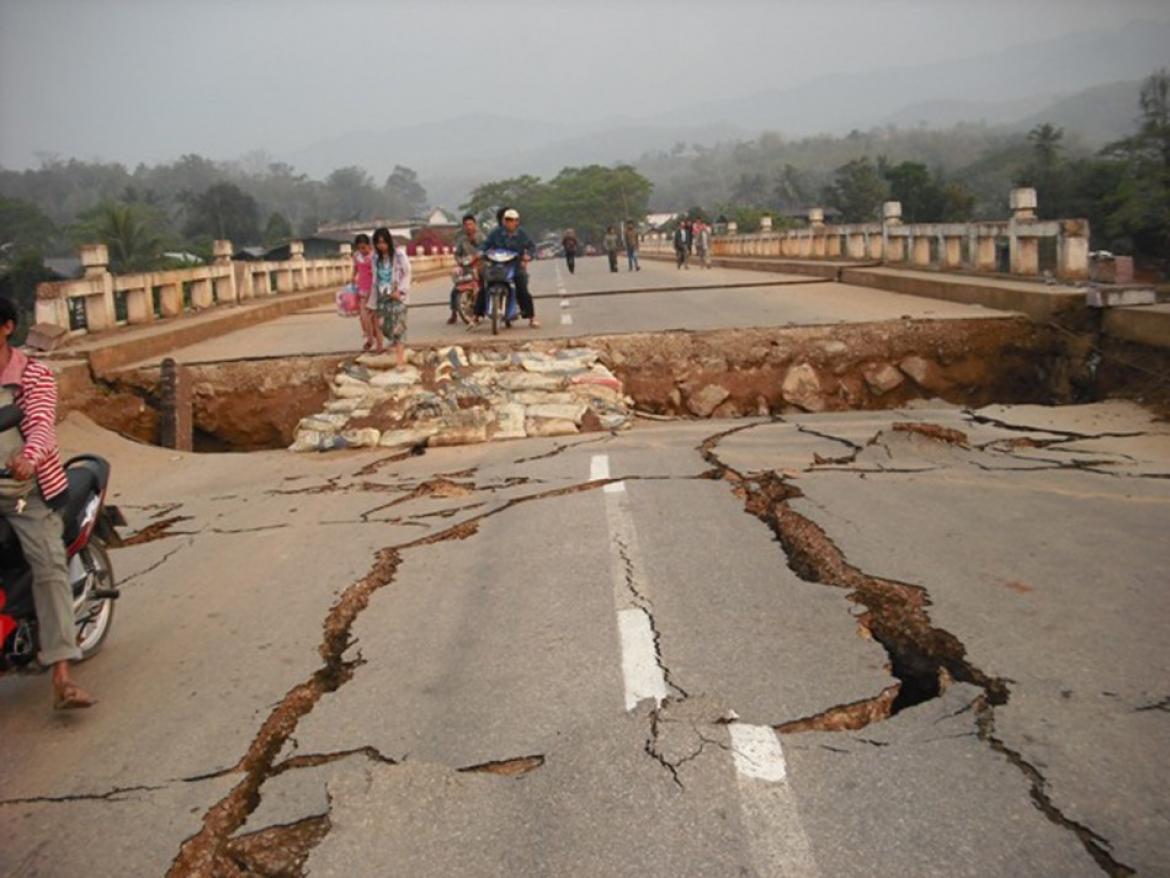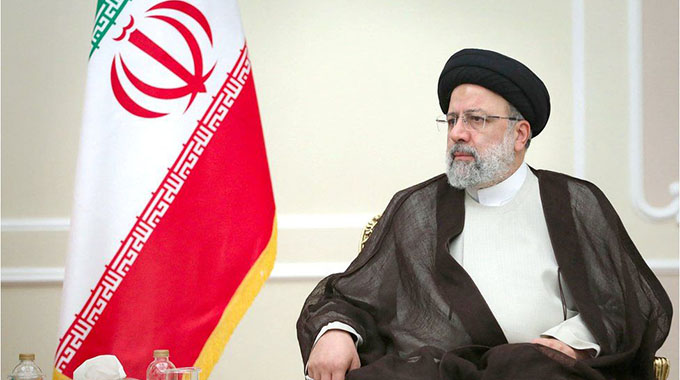Iran, Iraq quake death toll hits 5o0

TEHRAN. — Iranian officials have raised the death toll from Sunday’s earthquake of 7.3 magnitude on its border with Iraq to at least 530, making it the deadliest in the world this year. The country’s president, Hassan Rouhani, travelled yesterday to Kermanshah, the area hardest hit by the earthquake, which was felt hundreds of miles away in both Tehran and Baghdad. Officials in Iran declared yesterday as a national day of mourning and newspapers broke with tradition to publish their front page headlines in the Kurdish language, in a rare move showing solidarity with the majority-Kurdish areas worst affected.“Iran wept”, read the front page of Aftab-e-Yazd, over a big photo of an Iranian woman holding a lost family member in her arms. “Kermanshah, you are not alone,” read the reformist Etemaad’s headline. Mohammad-Ali Monshizadeh, an official from Kermanshah province, told the Irna state news agency: “Up to now, we have issued 430 death certificates . . . but an estimated number of 100 to 150 more people have been buried in quake-stricken villages and towns without permission . . . which raises the overall death toll to between 530 to 580 in Kermanshah.”
At least 7 460 people were injured during the earthquake, which hit seven big cities and 1 950 villages in the province. Officials said 12 000 houses had been completely destroyed and a further 15 000 damaged, Irna reported. Iran struggled to shelter all those affected on Monday night as thousands were forced to sleep in the open air without electricity or water supplies. “We are living in a tent and we don’t have enough food or water,” Ali Gulani, 42, from Qasr-e-Shirin, told BBC’s Persian service.
“You can hear children crying; it’s too cold. They are holding on to their parents to warm themselves — it’s pretty bad.” More than 316 people were killed in the town of Sarpol-e Zahab alone, about 10 miles from the Iraqi border. At least 28 people were also reported to have been killed in Qasr-e-Shirin, another city in Kermanshah that serves as a gateway for trade between Iran and Iraq. A resident, Khosrow, told BBC Persian: “Walls have fallen on my sisters and father. I had to drag them out of the house. My mother is injured. My aunt, cousin and my cousin’s children died.” — The Guardian.








Comments